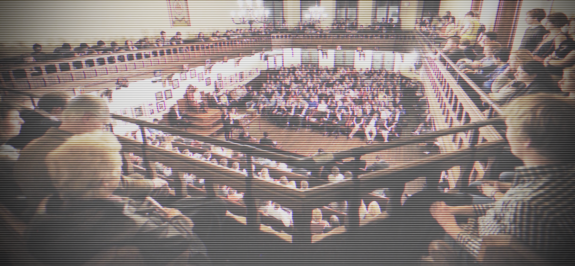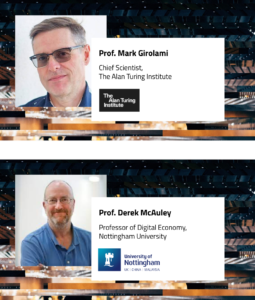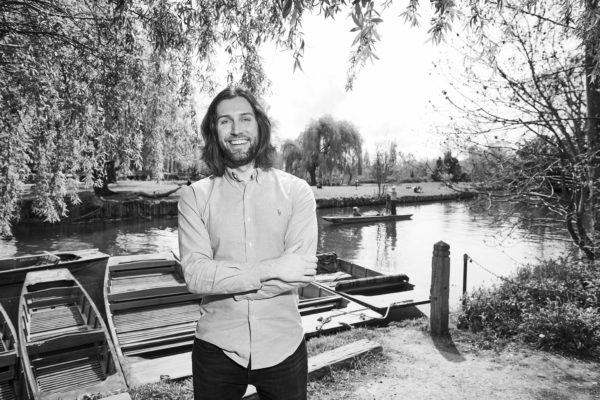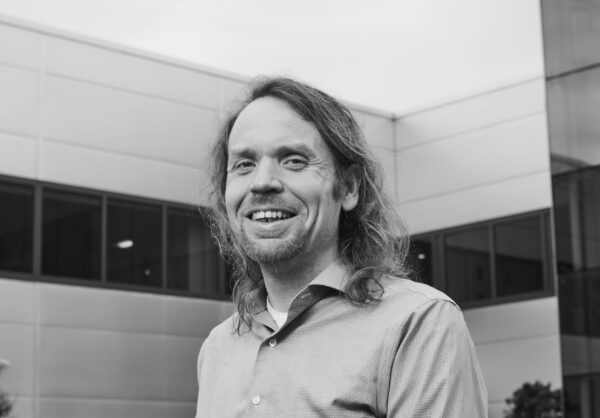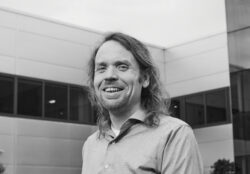Prof. Mark Girolami
Chief Scientist, The Alan Turing Institute
Professor Mark Girolami is the Chief Scientist of The Alan Turing Institute and took up this role from October 2021. Previous to his role as Chief Scientist, he led the Institute’s Data-Centric Engineering (DCE) Programme, launched with the Lloyd’s Register Foundation as a strategic partner. The partnership has driven forward the creation of data-centric engineering as a discipline that now has global reach and influence.
Under his leadership, the DCE programme has grown into a multi-million pound global research and innovation endeavour that saw the delivery of a number of ‘world-firsts’ including the world’s first self-sensing 3D printed stainless steel pedestrian bridge in Amsterdam; sustainable and more efficient underground agriculture; advanced AI enabled city scale air quality monitoring systems; the city level monitoring of social distancing and activity assessment in guiding London through the COVID-19 pandemic; the development of an AI enabled UK Air Traffic Control Service, and digital twin technologies in rail transportation and aerospace design, amongst many others.
The launch of the international Data-Centric Engineering journal by Cambridge University Press firmly established DCE as an emerging discipline of global importance. Mark was also the driving force behind the first-ever DCEng Summit in September 2021. The event attracted international expert speakers from countries around the globe and represented another important moment in the growth of the discipline.
In 2019, Mark was elected to the Sir Kirby Laing Professorship of Civil Engineering, following the retirement of Professor Lord Robert Mair, within the Department of Engineering at the University of Cambridge, where he also holds the Royal Academy of Engineering Research Chair in Data Centric Engineering. Prior to joining the University of Cambridge, Mark held the Chair of Statistics in the Department of Mathematics at Imperial College London.
He was an EPSRC Established Career Research Fellow (2012-2018), an EPSRC Advanced Research Fellow (2007-2012), was a recipient of a Royal Society Wolfson Research Merit Award, and in 2011 was elected to the Fellowship of the Royal Society of Edinburgh.
